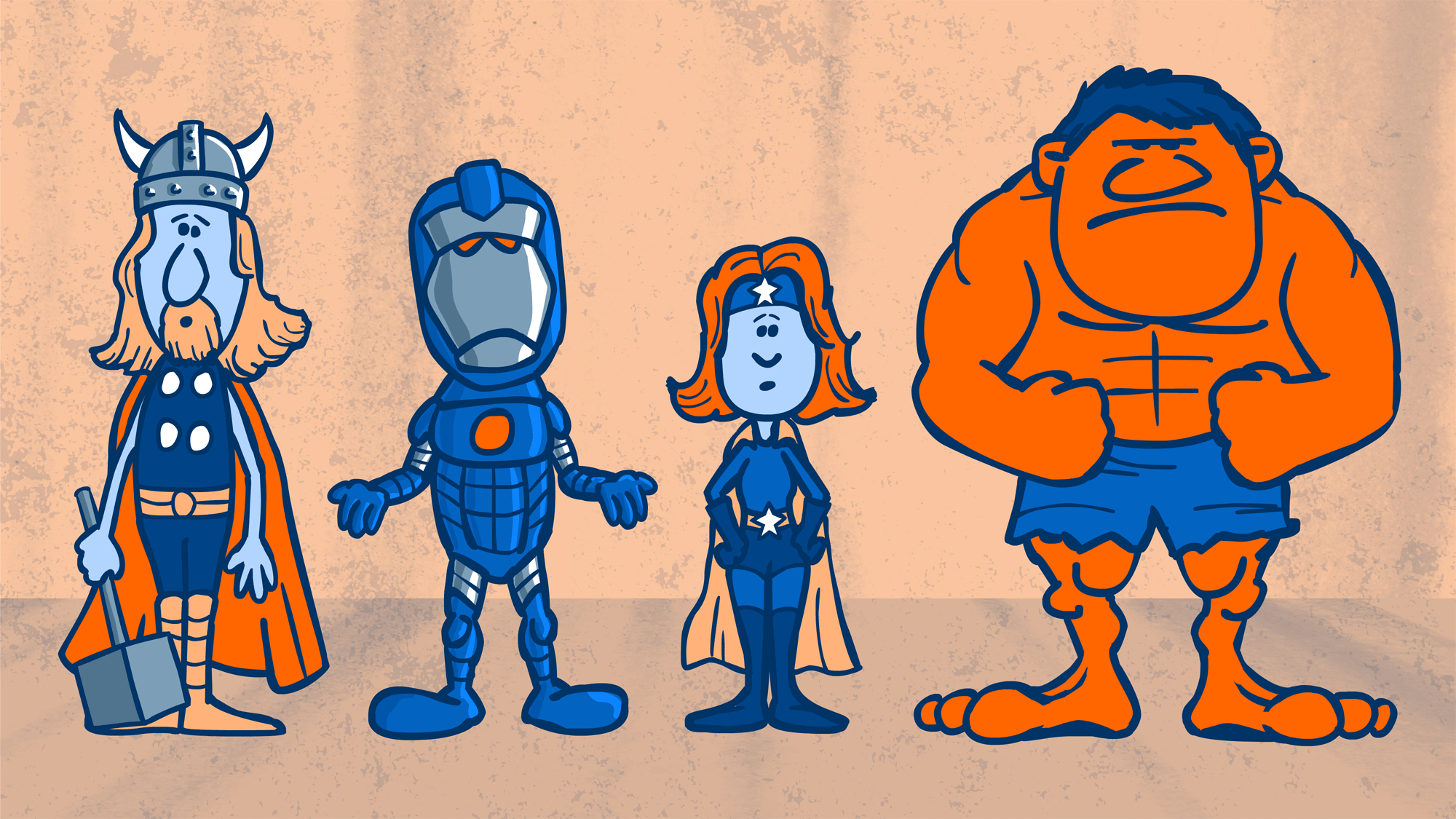What Are Teams For?
Become greater than the sum of the parts

Think about the team you’re working in and how you should contribute. There are different sorts of challenges for teams and you have to be ready for any that apply to you. You may see your role solely in terms of your own job description, but to be of use to an organisation you have to play well in a team.
Teams may be required to:
With more people, a team can cover a greater workload. For example, more sales people can cope with more customers.
A team can also achieve more than an individual if different members have different skills and different strengths that can be combined to create an output that people working on their own cannot match. Good examples of this are sports teams where different people have different roles that depend on different skills. Teams in business, for example, can include accountants, experts in distribution, experts in production, and people with talent in sales and marketing. Not everybody can be equally expert in all aspects, so bringing them together means the team is more broadly competent overall.
Your role in the team may be both to support with your specialist skills and to cover the team’s workload generally.
Often teams have to be ready for whatever is thrown at them. Many situations present challenges that are unexpected and require a quick response. When some colleagues are experiencing heavy workload, less pressured teammates can offer support and maybe take over some duties. Effective teams should be careful not to pile workload onto already busy colleagues.
Some organisations provide a service that extends beyond a normal working day. Not all team members will be working at the same time but still have to rely on each other. Medical care, for example, has to be maintained 24-hours. Individuals must take over from previously responsible colleagues and later they must hand over to someone else. If people work selfishly and failed to consider colleagues, then the whole team and the service provided suffers.
Management often treat members of different shifts as belonging to separate teams and may even reward teams who do particularly well. But this is risky as well as unfair. It is difficult being effective in an organisation where management have imposed a structure that compromises staff in this way.
When organisations are restructured, senior management may soften the blow for managers who lose out on the best jobs. They may be put in charge of ‘teams’ whose members aren’t really connected to one another at all.
Managers may try and impose consistent systems and working practices that don’t suit all team members. Often the only collaboration is going to team meetings where the majority of the agenda lacks relevance for most people.
Artificially creating a team when it is not needed, and imposing inappropriate structures and systems can lead to disaffected colleagues and wastes time.
Pin It on Pinterest